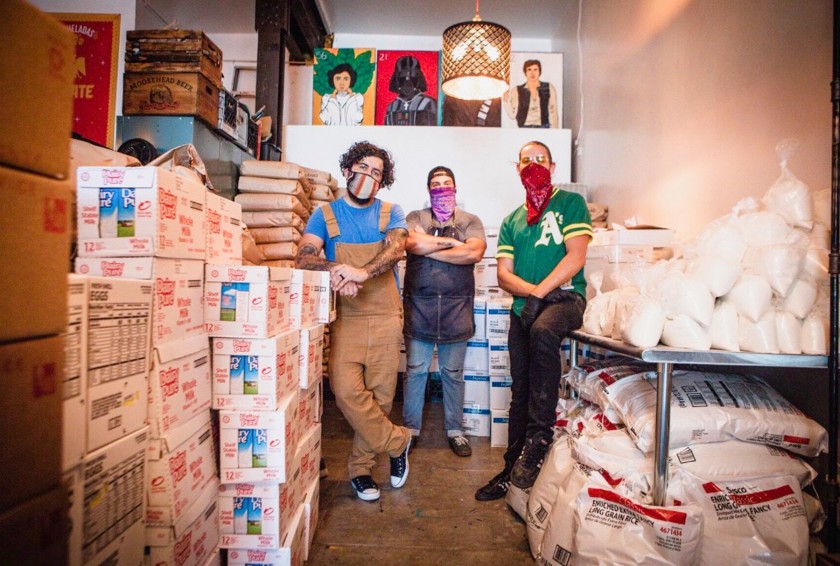Why COVID Spreads Among the Young

For all the shaming of young people for their partying and whatever spreading the COVID, as if young people acting like society has told them to for their whole lives is somehow explicitly their fault instead of, say, the politicians and university presidents who are demanding that young people gather together. But in the end, this really hasn’t been the issue. It’s that young people are working, often in closed spaces such as restaurants and bars.
When it comes to Millennials and Generation Z—defined by the Pew Research Center as people born after 1982 and 1996 respectively—stories of crowded beach gatherings and house parties where guests try to infect each other with COVID-19 have made headlines. But those stories obscure the more complicated circumstances of people, such as Chen and his patient, shaped by economic and societal inequality. An August 18 briefing from the World Health Organization announced that people in their 20s, 30s, and 40s are now driving the virus’s spread, but that’s because most are just trying to do their jobs.
“In the past few decades, we’ve seen a shift in the economy toward more service jobs,” including retail, food service, hospitality, and childcare, says Sharon Sassler, a professor of policy analysis and management at Cornell University. “Young people in those service jobs are now at a greater risk of being exposed.” What’s more, emerging research is confirming what many experts have observed with natural disasters: economic vulnerability severely impairs a person’s ability to cope with catastrophe, and this burden falls heavily on younger generations.
…
Of the 22 million jobs lost since the pandemic began, only 42 percent had been recovered as of early August. This scarcity places younger adults in a lose-lose situation: If they can find employment, many feel compelled to take it even if it means putting themselves at risk. Even though people 18 to 34 are less likely to die from the coronavirus, they aren’t totally spared. In the United States, one in five hospitalized young adults has required intensive care. (Here’s how scientists know COVID-19 is way deadlier than the flu.)
“The virus itself is hitting older people much harder,” says Gray Kimbrough, an economist at American University. “But the recession has been hitting the least advantaged people in society hardest. These are people who are earlier in their careers, people who are less educated, people in certain kinds of jobs that can’t be done from home. These people tend to be younger.”
As always, natural disasters such as COVID-19 are in fact human disasters that demonstrate to all the preexisting inequalities in society. Rather than blame young people for being young people, perhaps we should instead look at how economic inequality and a dysfunctional government led by fascists who want to punish people for being poor are leading to illness and death.


